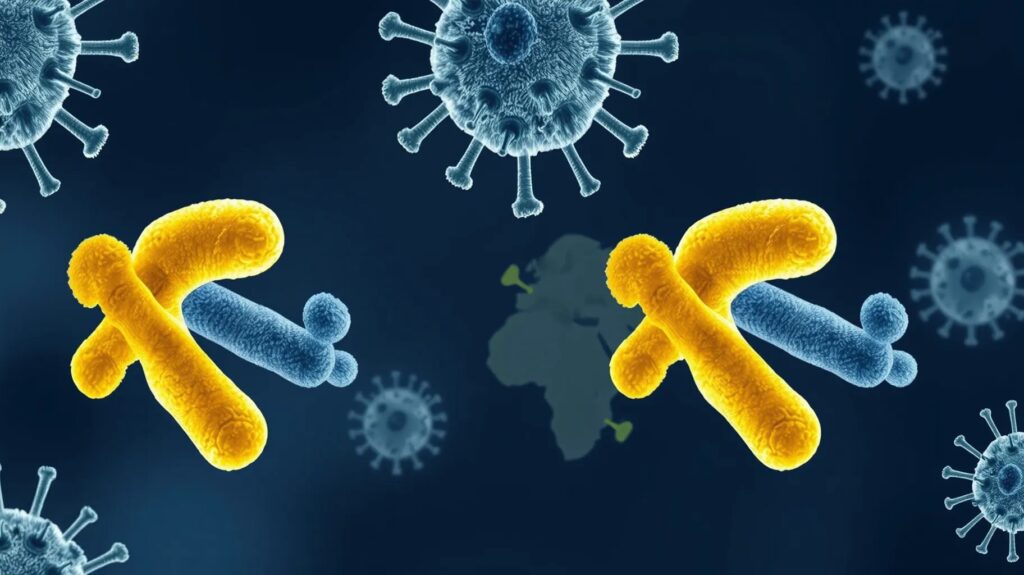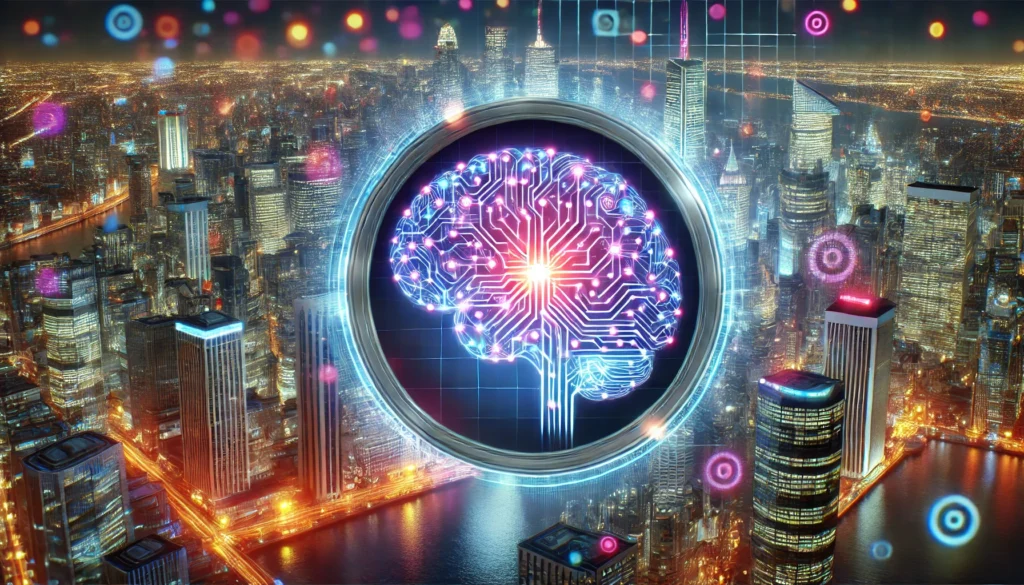Insights from Switzerland

The advent of artificial intelligence (AI) has brought transformative changes across various sectors, but its impact on healthcare, especially in breast cancer treatment, is particularly profound. Let’s delve into how AI is revolutionizing this critical field, with a special focus on recent advancements in Switzerland.
The Rise of AI in Healthcare
AI technology has surged in popularity due to its ability to analyze vast amounts of data quickly and accurately. In breast cancer treatment, this capability is proving to be a game-changer. By analyzing mammograms and other diagnostic tests, AI can identify anomalies that might be missed by the human eye.
Early Detection and Diagnosis
One of the most significant advantages of AI in breast cancer treatment is its potential for early detection. AI algorithms can sift through thousands of mammogram images, highlighting areas of concern. This early detection is crucial as it can significantly improve the prognosis for patients.
AI-Powered Mammography
Traditional mammography, while effective, has limitations. AI-powered mammography improves upon these methods by using advanced image recognition software. These systems compare new images with millions of archived cases, identifying patterns and anomalies with remarkable accuracy. This capability not only speeds up the diagnostic process but also enhances the reliability of results.
In Switzerland, the European Society for Medical Oncology (ESMO) Breast Cancer Congress has highlighted the transformative potential of AI in early detection. Next-generation AI models have shown superior performance compared to initial computer-aided detection systems, significantly improving the accuracy and efficiency of mammographic screenings .
Enhancing Imaging Techniques
AI enhances traditional imaging techniques, making them more reliable. For example, AI can reduce the number of false positives and negatives, providing a more accurate diagnosis. This precision ensures that patients receive the right treatment at the right time.
3D Imaging and AI Integration
3D mammography, or tomosynthesis, combined with AI, offers a more detailed view of breast tissue. AI algorithms can interpret these complex images more effectively than traditional methods, pinpointing areas that require further investigation. This combination leads to earlier and more accurate detection of breast cancer.
Personalized Treatment Plans
Another remarkable benefit of AI is its ability to create personalized treatment plans. By analyzing a patient’s medical history and genetic information, AI can recommend the most effective treatment strategies. This tailored approach increases the chances of successful outcomes.
Genomic Data Analysis
AI systems can analyze vast amounts of genomic data to identify mutations and genetic markers associated with breast cancer. This analysis helps oncologists develop personalized treatment plans based on the genetic profile of the tumor, leading to more effective and targeted therapies.
In Switzerland, researchers are developing AI tools to predict treatment responses and outcomes. These AI algorithms analyze radiologic images and histopathology slides to identify patterns correlating with treatment responses and prognosis. This approach aims to provide more precise and tailored treatment options for breast cancer patients .
Predictive Analytics
AI’s predictive analytics can forecast how a patient might respond to certain treatments. This capability allows doctors to modify treatment plans proactively, avoiding potential complications and enhancing the patient’s quality of life.
Treatment Response Prediction
AI models can predict patient responses to various treatments, such as chemotherapy or radiation therapy. By analyzing historical data and treatment outcomes, these models provide insights into which treatments are likely to be most effective for individual patients, thus improving overall treatment efficacy.
AI in Research and Development
In addition to patient care, AI is accelerating research and development in breast cancer treatments. AI algorithms can analyze scientific literature and clinical trial data to identify new drug targets and treatment methods. This accelerated research can lead to faster approval of new therapies.
Drug Discovery and Development
AI is revolutionizing drug discovery by identifying potential new compounds faster than traditional methods. Machine learning algorithms can predict how different compounds will interact with cancer cells, streamlining the development of new medications and reducing the time and cost involved in bringing new drugs to market.
Reducing the Burden on Healthcare Systems
By streamlining diagnostic processes and improving treatment efficiency, AI helps reduce the burden on healthcare systems. This efficiency can lead to cost savings and allow healthcare providers to focus more on patient care rather than administrative tasks.
Automation of Routine Tasks
AI can automate many routine tasks in healthcare, such as scheduling appointments, managing patient records, and processing insurance claims. This automation frees up healthcare professionals to spend more time on direct patient care, enhancing the overall quality of care.
Ethical Considerations and Challenges
Despite its benefits, the use of AI in breast cancer treatment raises ethical considerations. Ensuring patient data privacy and addressing biases in AI algorithms are critical challenges that need ongoing attention.
Data Privacy and Security
Maintaining the privacy and security of patient data is paramount. AI systems must comply with strict regulations to protect sensitive health information. Robust encryption and secure data storage solutions are essential to safeguard patient data from unauthorized access.
Bias in AI Algorithms
AI algorithms can inadvertently introduce biases if the data used to train them is not representative of the broader population. Ongoing efforts are required to ensure that AI systems are trained on diverse datasets to avoid biased outcomes and ensure equitable treatment for all patients.
In Switzerland, ensuring equitable access to these advanced technologies remains a critical issue. AI-driven solutions might be priced out of reach for many who could benefit from them .
The Future of AI in Breast Cancer Treatment
The future looks promising as AI continues to evolve. Innovations such as deep learning and neural networks are expected to further enhance AI’s capabilities, offering even more precise and effective breast cancer treatments.
Integration with Other Technologies
AI’s integration with other emerging technologies, such as wearable devices and telemedicine, will further enhance its impact on breast cancer treatment. Wearable devices can continuously monitor patients’ health, providing real-time data that AI systems can analyze to detect early signs of recurrence or complications.
The World Congress on Breast Cancer, held in Zurich, underscores the multidisciplinary approach to exploring new frontiers in breast cancer therapies. Experts from various fields discuss the latest in AI applications, including predictive analytics and AI support for radiotherapy and surgery planning .
Conclusion: Embracing AI for a Healthier Future
AI’s role in breast cancer treatment is undeniably transformative. From early detection to personalized treatment plans, AI is making significant strides in improving patient outcomes. As we continue to innovate and address challenges, the integration of AI in healthcare promises a future where breast cancer can be detected early, treated more effectively, and managed with greater precision.
For more insights on how AI is changing the landscape of healthcare, check out these resources:
Sources:





